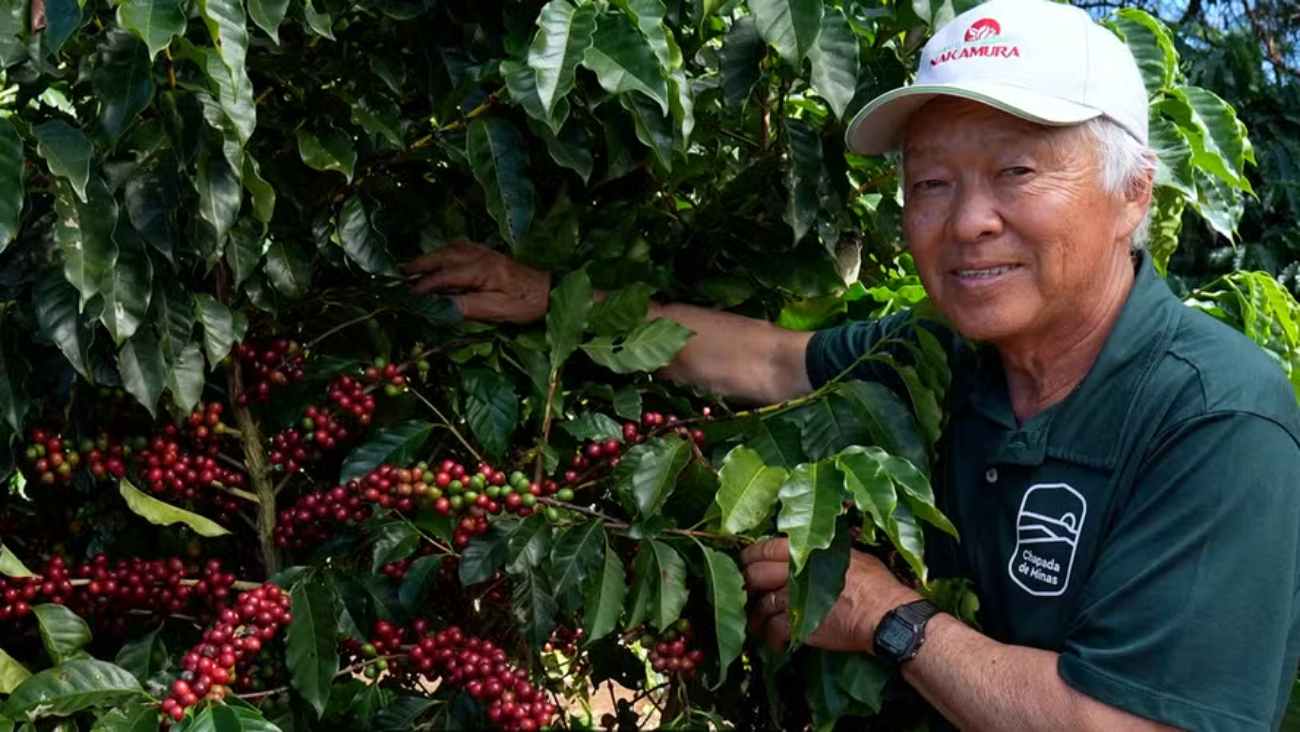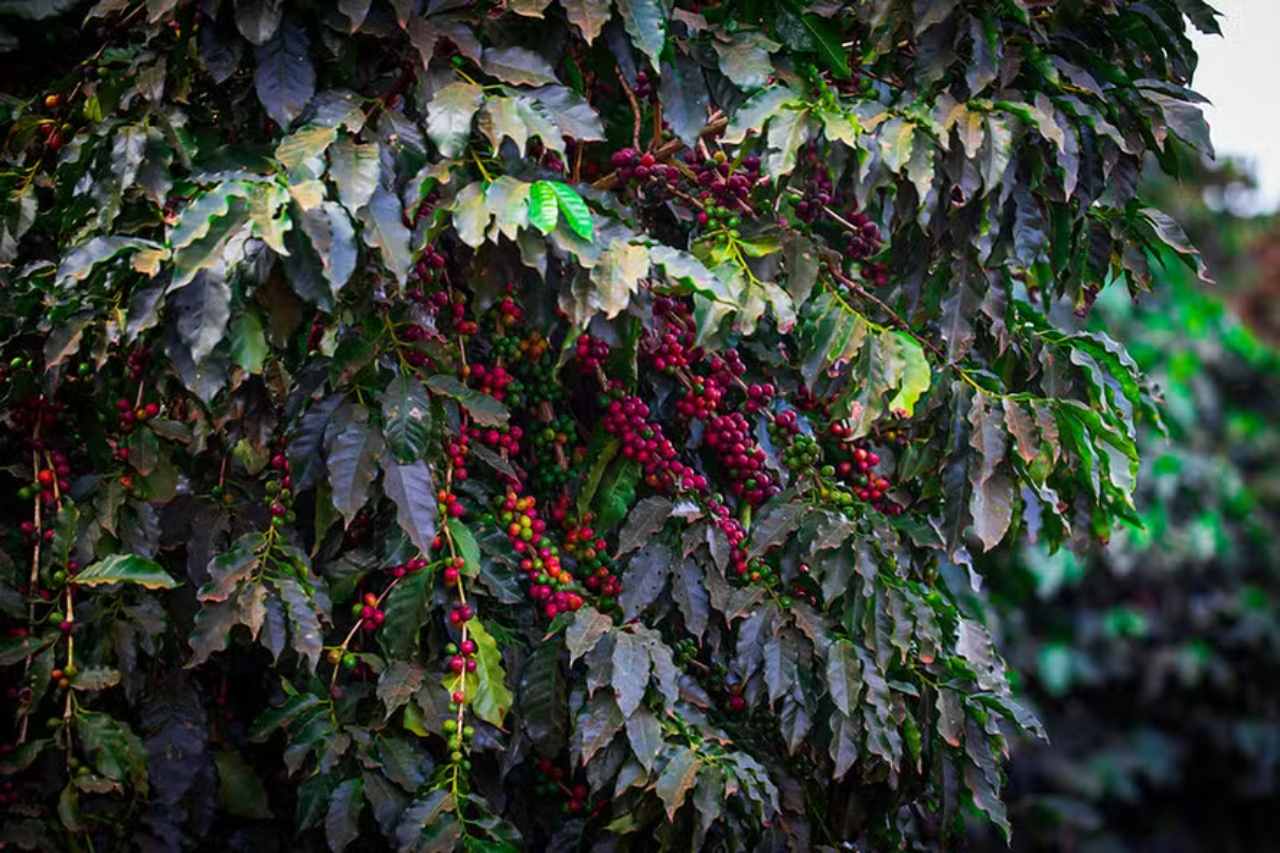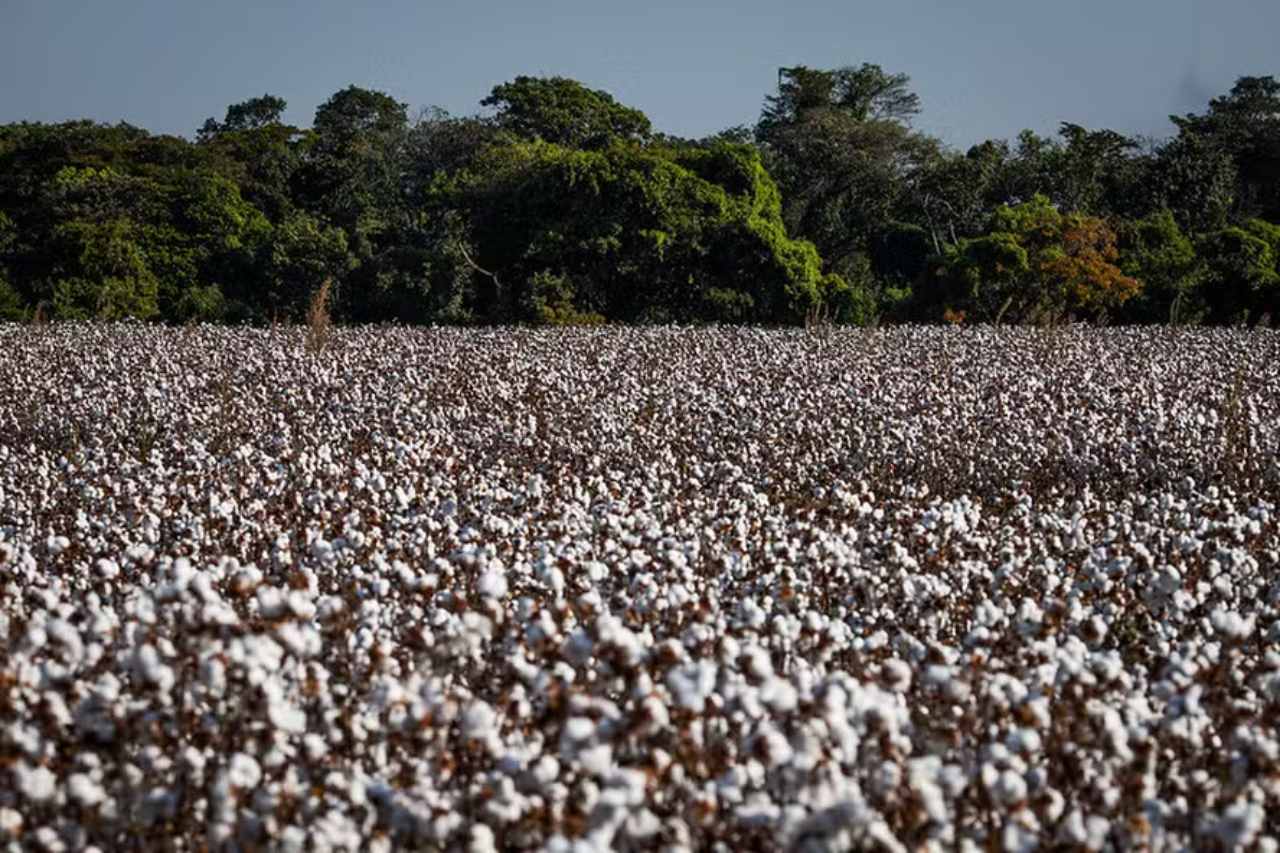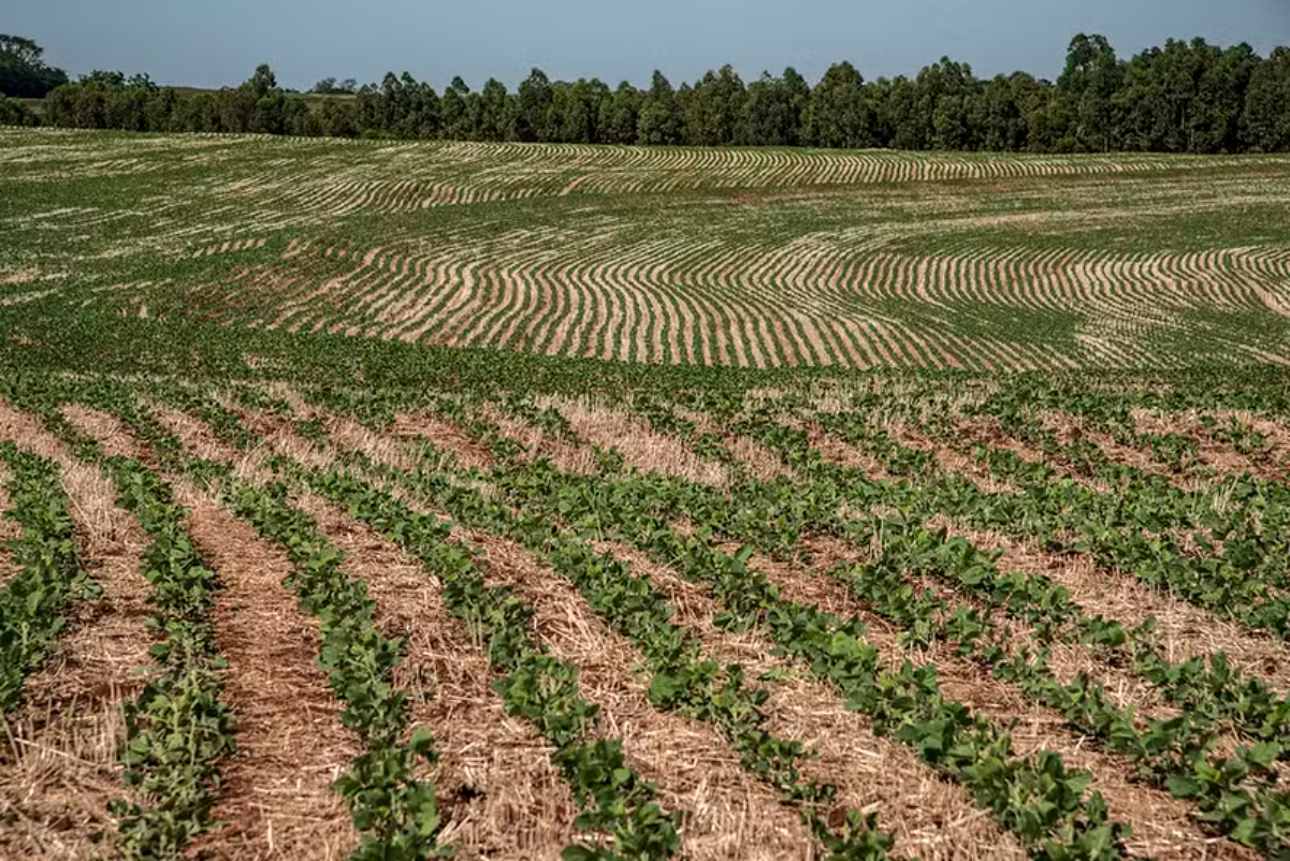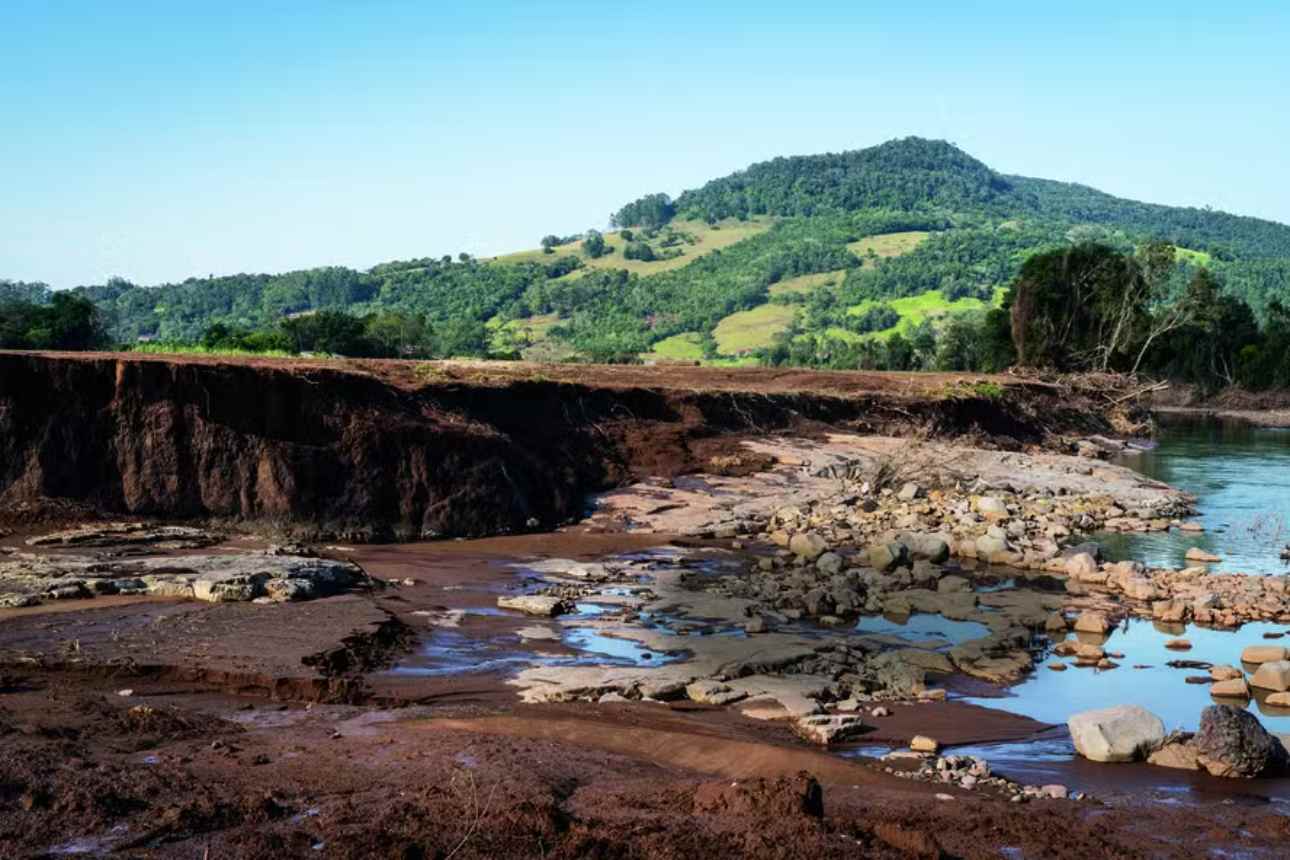Discover the stories of the pioneers who arrived in the Jequitinhonha Valley 40 years ago
Forty years ago, a group of coffee growers from Paraná, disheartened by frost that devastated their crops, migrated to the Jequitinhonha Valley in Minas Gerais. The producers were attracted by the low land prices, absence of frost, significant temperature variation, and especially by the easy financing from Banco do Brasil, aimed at developing the impoverished region.
Today, the area comprising 22 municipalities in the Jequitinhonha Valley, known collectively as “Chapada de Minas,” is home to about 5,800 arabica coffee producers, employing 20,000 people directly and indirectly. Located between the Doce, Mucuri, and Jequitinhonha rivers, the region boasts mineral-rich soil, altitudes of up to 1,200 meters, a humid climate, and pleasant temperatures.
The region has become a reference for quality coffee both nationally and internationally, investing in technology and working towards obtaining a Geographical Indication (GI) that has already been granted by the National Institute of Industrial Property (Inpi) to six other coffee-producing regions in Minas Gerais: Cerrado, Matas de Minas, Vertente Minas, Mantiqueira de Minas, Sudoeste de Minas, and Canastra.
The average annual production is around 600,000 sacks of 60 kilograms, with the planted area reaching 30,000 hectares. Coffee and eucalyptus, which was introduced to the region first and occupies 300,000 hectares, are the main drivers of economic development.
Julian Rodrigues, a technical analyst at Sebrae in Chapada de Minas, shares that the collapse of a coffee cooperative in 2012 discouraged many producers, but the focus on specialty coffees and sustainable production, along with the establishment of the Coffee Institute of Chapada de Minas (ICCM) in 2019, revolutionized the coffee farming landscape in the region.
Pioneers
“When we arrived here, there was nothing but brush. We were called crazy for wanting to plant coffee in such poor soil. We invested heavily in soil correction and fertilization and faced many challenges as we began planting. The only thing we didn’t lack was labor,” recounts one of the pioneers, Claudio Nakamura, a descendant of Japanese immigrants, who cultivates 60 hectares of coffee, including 10 hectares under irrigation.
Nakamura, the son of coffee farmers from Paraná, moved to the Jequitinhonha Valley in 1986. He recalls that at the time, soil fertility was very low, there was a lack of rainfall, and until ten years ago, productivity was lower than that of his family’s farm back in Paraná. Investing in the production of quality coffee, leveraging the region’s terroir, and focusing on sustainability turned things around.
“With irrigation and the adoption of technologies in planting, harvesting, and post-harvest processes, productivity increased. We invested more in producing specialty coffees and added value,” says the farmer, who is certified for his farm and recently purchased a R$ 900,000 harvester to address labor shortages. He also opened a roasting facility on his farm and plans to expand the planted area in the next harvest.
The pioneer produces about 2,000 sacks annually, with a productivity of 30 sacks per hectare, of which 30% are specialty coffees. The goal is to reach 50% specialty coffee, meaning beans that are free of impurities and defects, with differentiated sensory attributes scoring over 80 on the SCA scale, which goes up to 100.
Succession is already in motion. Environmental engineer Eder Nakamura, one of his three sons, returned from Japan three years ago and began assisting his father with the business, focusing on coffee marketing.
Harvesting Good Results
Another pioneer investing in coffee in Chapada and reaping good results is Dailton Antonio Ribeiro, who migrated from southern Minas in the 1980s after his uncle, who was the mayor of Capelinha, convinced him to take advantage of the opportunity to acquire cheaper land in the region. He bought a farm in the municipality, which until then only had eucalyptus planting.
“We started planting coffee with fear and many difficulties. This area was considered land for widows because the husbands migrated to sugarcane cutting jobs in São Paulo. For many years, no one believed in the quality of our beans, but now Chapada coffee is being recognized throughout Brazil and abroad.”
To mechanize production and address labor shortages, he exchanged his property in Capelinha for Fazenda Sagarana in Diamantina, where he has 250 hectares of irrigated coffee on completely flat land and is planting an additional 70 hectares. Productivity has doubled with irrigation.
Additionally, the veteran has acquired a stake in a specialty coffee roastery for export in Belo Horizonte, which is managed by his son, Dailton.
Alvorada
Sérgio Meirelles, a coffee producer in São Gonçalo do Sapucaí in southern Minas, was shocked when his son, an agronomy graduate, decided to become a farmer and convinced him to invest in land that was just brush in the Jequitinhonha Valley in 1979. Coffee planting began two years later, and Sérgio took over Fazenda Alvorada in 1984.
“My father used to say that rural producers had to be very passionate about farming because it was an incredibly tough profession. At the time, selling one hectare in southern Minas could buy you 40 hectares in the Valley. Today, the land value here is only five times lower,” remembers Sérgio, who manages the 233-hectare farm in Capelinha, with 93 hectares of coffee, 27 hectares of eucalyptus, pasture, and legal reserve area.
The producer recounts that when his father bought the farm, no one knew how to plant coffee in the region. The family then sought technical assistance from the Agricultural Research Company of Minas Gerais (Epamig), which initially established test fields on the property with 15 varieties. In total, over 100 varieties have been tested there. Three stand out: Aranãs, Gueisha, and Catiguá.
In the beginning, to sell the region’s coffee, Sérgio states that it was necessary to mix it with beans produced in southern Minas. “Today, we have gained identity, pricing power, and visibility with the Chapada de Minas brand.”
The investment in specialty coffee began with the return of his daughter Raquel to the farm after studying abroad in the United States and Spain since she was 14. After graduating in business administration, she entered as a trainee in Nestlé’s coffee division, reconnecting with the culture and eventually becoming the marketing manager.
“In that position, one of my responsibilities was to encourage Brazilian coffee growers to invest in the production of specialty beans. So, I thought I needed to do my homework. I resigned in 2021 and returned to work on my father’s farm, creating Varietal Cafés Especiais, which features over 25 varieties.”
Her father, she says, believed that entering competitions was just an ego trip, but in the first year of investing in specialty coffees, they won nine quality contests. Today, Alvorada produces 4,200 sacks annually, with 2,000 scoring above 80 points and 1,000 sacks scoring above 85 points. They have two coffee brands and export directly to the USA, Korea, Japan, and Israel.
“It was necessary to leave the place where I was born to appreciate what we have. My focus now is to intensify the specialty coffee business and conquer new markets in Brazil and around the world. I take great pride in Chapada de Minas, a place where I’ve never faced difficulties for being a woman. I believe that since it was such a poor region, women had to go out to work and gained empowerment in the market,” says Raquel, who also attracted her husband, Orlando Didier, to the farm, who previously worked in the financial market in São Paulo.
She notes that the couple has not yet reached the same income they had in São Paulo, but the business’s growth potential is enormous.
Primavera
Fazenda Primavera in Angelândia is a pioneering example frequently cited as a reference by other coffee producers for its technology and innovations. Founded by Portuguese immigrants in the 1970s, it was purchased by a group with Brazilian partners and an investment from a Canadian pension fund, and is now one of the largest producers of quality coffee in the country.
In 2018, Primavera won the Cup of Excellence, one of the most prestigious specialty coffee awards in the world, with a bean scoring 93.89. The farm is part of the GMT Farms group, which comprises five coffee properties, three of which are in Chapada de Minas—the other two are located in Capelinha and Minas Novas. In total, it cultivates 1,400 hectares of coffee in Minas, with 830 hectares irrigated, and plans to plant an additional 450 hectares by 2025.
According to André Aprelini, general manager of GMT Farms, about 85% of the production is already in the specialty category, and 100% is traceable. Last year, the group invested R$ 4 million in indoor post-harvest processes, and this year, they are spending an additional R$ 1.2 million on replacing dryers at Primavera, which receives and processes coffee from the three Minas farms and sends it in bica corrida for commercialization in Varginha. Between 60% and 70%, Aprelini states, is exported.
One of the farms inspired by Primavera is Sequoia, also in Angelândia, owned since 2015 by brothers Pedro, Paulo, and Vicente Lima, who also own the coffee company 3 Corações.
Not only large and medium producers are reaping the benefits of quality coffees in the region. The couple Marcia and Roberto Roque produces about 300 sacks of specialty coffee on their farm in Várzea da Palma, where the family settled in the late 1980s after leaving São Paulo in search of quality of life.
Today, their coffee production accounts for about 30% of their income. The couple is proud to supply coffee to 80 specialty roasters across Brazil and continues to invest in sustainability practices.

